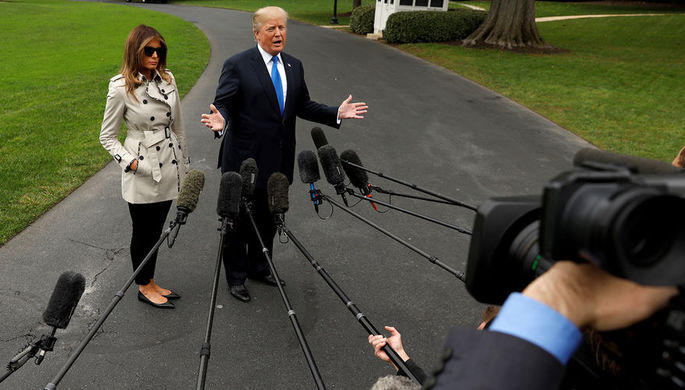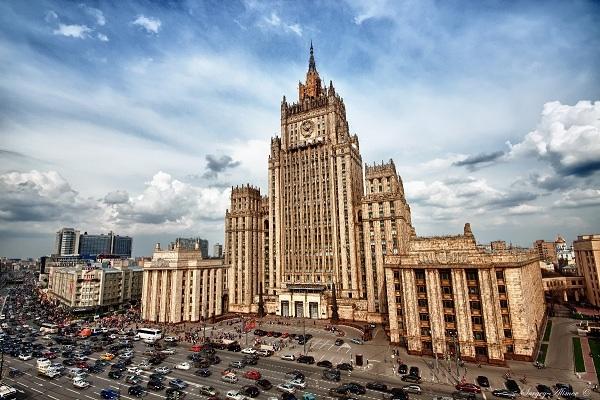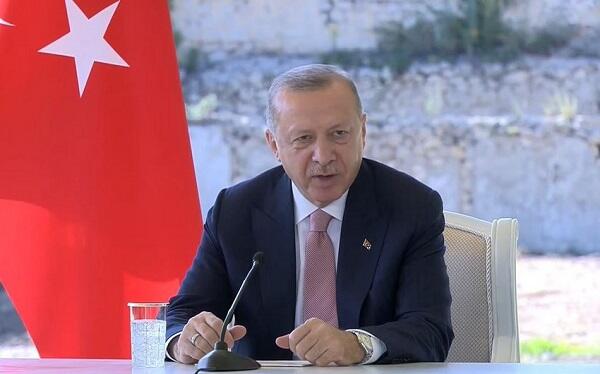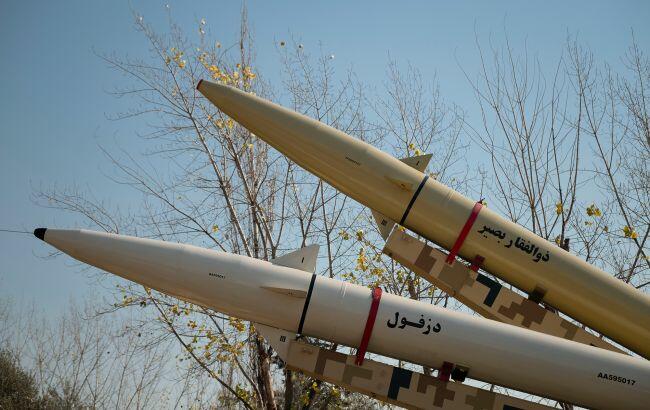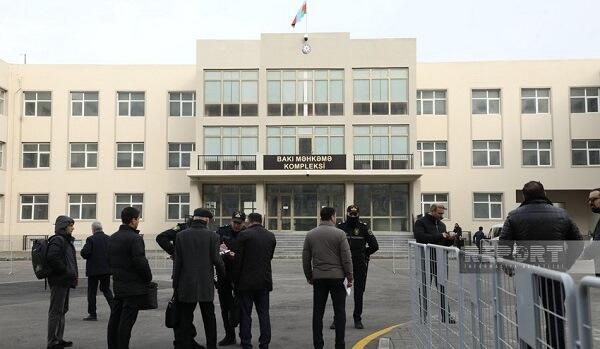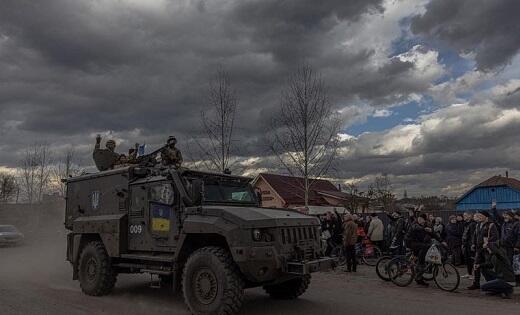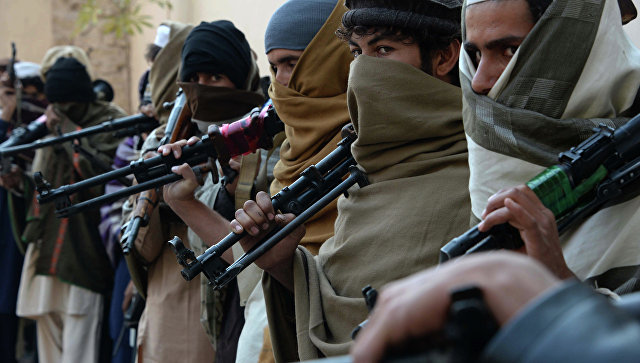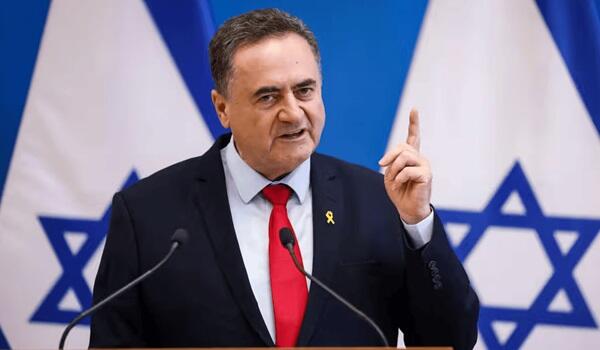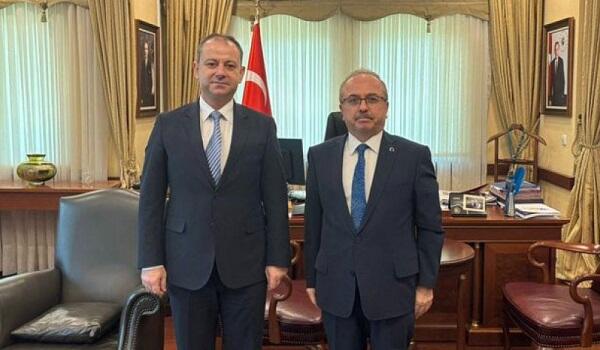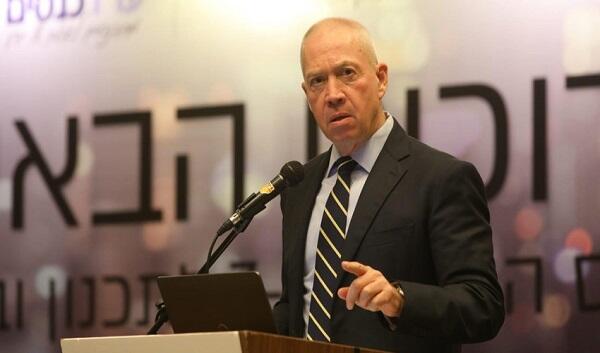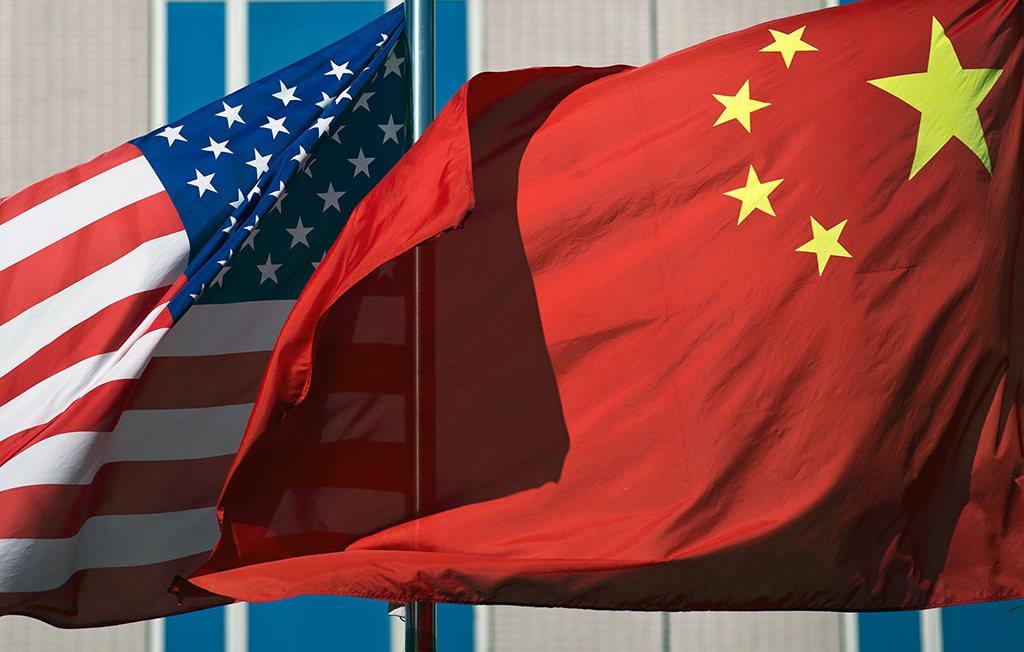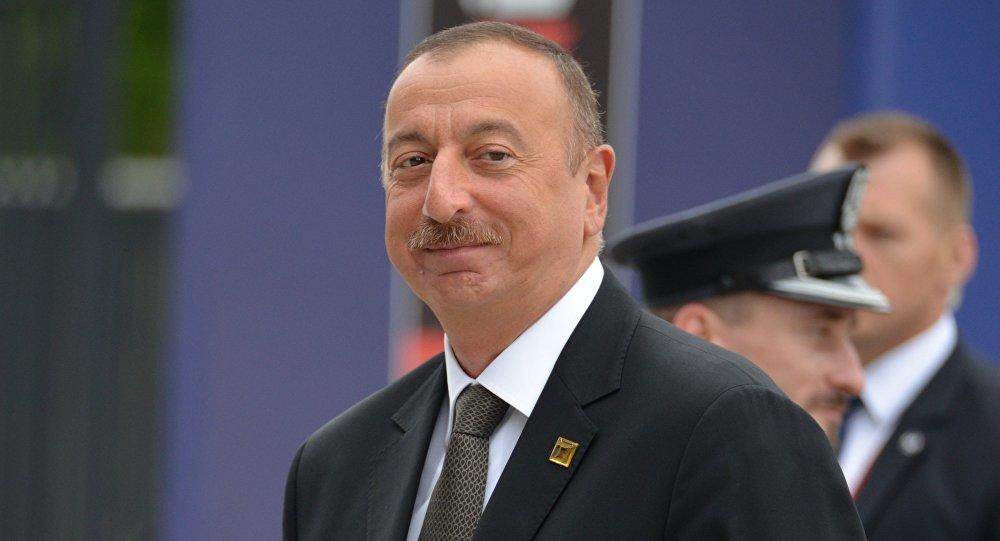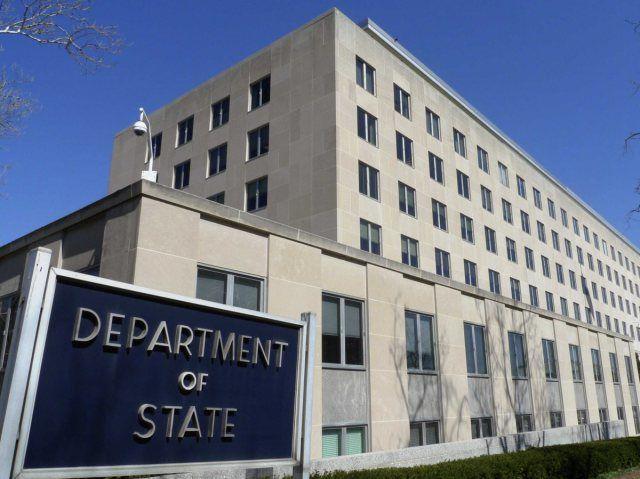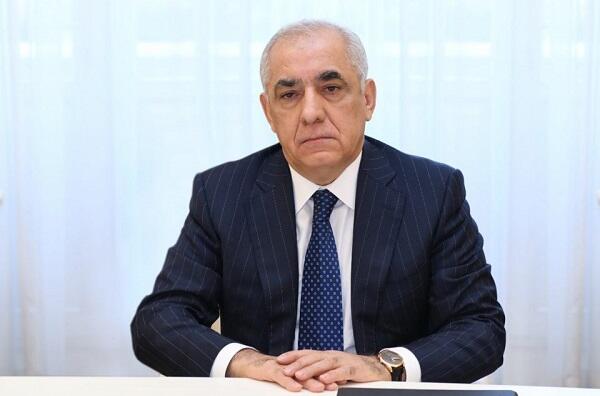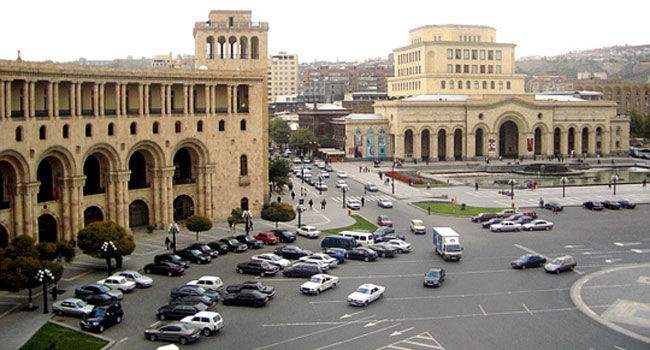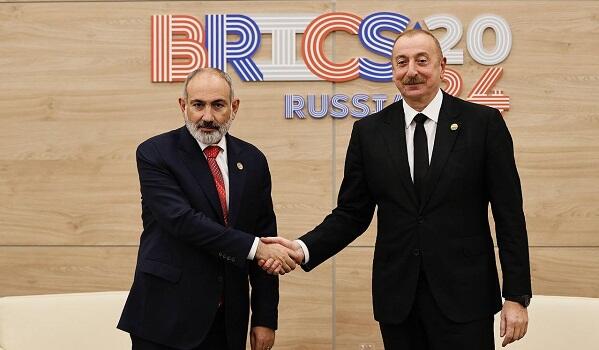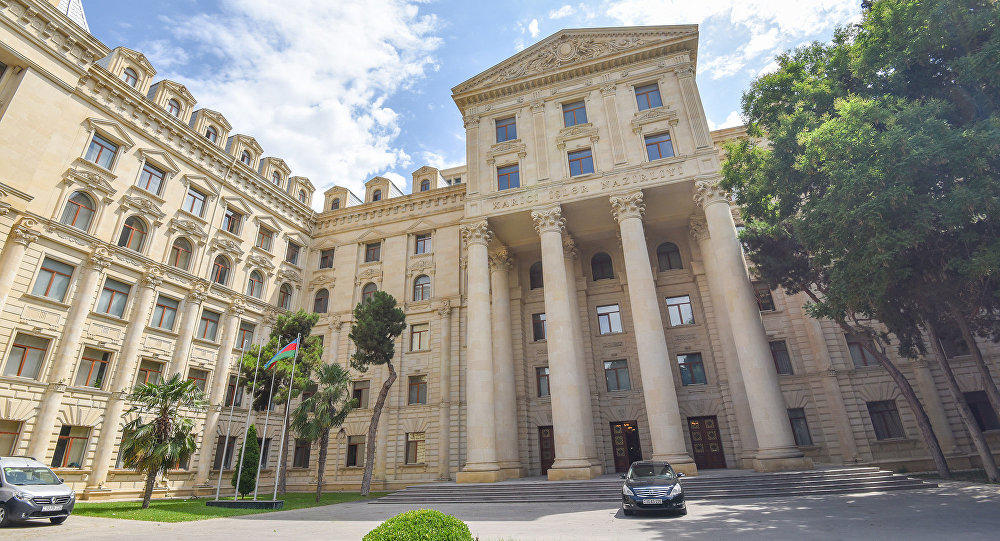Axar.az presents the article titled "Khamenei’s personal hatred of Azerbaijan," published in The Jerusalem Post:
The Islamic Republic of Iran's animosity toward Azerbaijan, an independent Shi'ite Muslim country, stems directly from its supreme leader.
The Islamic Republic of Iran holds significant animosity toward its northern neighbor, Azerbaijan. For many years, Iran has threatened Azerbaijan, not only militarily but also through psychological warfare. Iran disseminates numerous conspiracy theories and fake news about Azerbaijan, information that is light-years away from reality.
Even when this propaganda doesn’t originate directly from senior officials within the ayatollah’s regime, but, for instance, through Iranian media, you can be sure that the Iranian government dictated their narrative. One individual, positioned at the very apex of power in Iran, fuels all this Persian hatred toward Azerbaijan: Supreme Leader Ali Khamenei.
Khamenei is responsible for the intense animosity directed at Azerbaijan, which journalists, newspapers, and both junior and senior government diplomats propagate. This isn’t about isolated incidents; it’s a deeply ingrained ideology within the Iranian system. One could argue that Khamenei despises Azerbaijan almost as much as he despises the United States. He corrupts the hearts of many Iranians, infecting them with his fervent hatred for Azerbaijan.
Khamenei’s animosity toward Azerbaijan
According to certain reports within Iran that attempt to explain this inexplicable hatred of the Azerbaijani people, Khamenei’s mother was Iranian of Armenian descent, which might be the source of his animosity toward Azerbaijan. This also explains Iran’s deepening ties with Armenia throughout Khamenei’s rule.
Iran supports Armenia almost blindly, despite the horrific actions Armenians perpetrated against the Azerbaijani people. During the Karabakh War, Armenia occupied Azerbaijani territories (recognized globally as legitimate Azerbaijani lands), leading to the forced displacement of hundreds of thousands of citizens from their homes and turning Azerbaijani towns and villages into ruins.
Throughout this period, Iran, at Khamenei’s initiative, maintained stable relations with Armenia and ensured its logistical and commercial support to help it “stay afloat.”
Moreover, throughout all these years of war and conflict between Azerbaijanis and Armenians, Khamenei himself never expressed clear or unequivocal sympathy or solidarity with the Azerbaijani people.
Do you see the absurdity and hypocrisy of Khamenei? Khamenei chose to support Christian Armenians, who seized Muslim land, rather than supporting the Shi’ite Muslim Azerbaijanis. What happened? Has Waqf land suddenly become less important to the Iranian octopus head? Is it only when it comes to “Palestine” or India that it’s about a people who seized Muslim lands?
This case study alone demonstrates that Iranian ideology is nothing more than the political whims of various Iranian leaders, and lacks a coherent, regulated ideology. Otherwise, in the narrow view of fundamentalist Islam, how are Armenians any different from Israelis, in his eyes?
Azerbaijan receives no empathy or aid from Iran; quite the opposite. Iran has propagated its anti-Azerbaijani rhetoric whenever possible, through government officials or journalists. Khamenei himself approved a propaganda campaign against Azerbaijan, disguised as regional commentary.
As a result, dozens of Iranian media outlets disseminated malicious rumors and content aimed at slandering Azerbaijan, undermining trust in the Azerbaijani leadership, and misrepresenting its political initiatives. Khamenei’s grand goal is to isolate Azerbaijan in the broader Muslim world and make it appear as a traitor to the Islamic nation. Thus, Azerbaijan has been labeled a “Zionist tool” and a threat to regional stability in the Middle East and the Caucasus.
This trend of slandering Azerbaijan has long since moved beyond just media outlets or Telegram channels; it originates directly from the Iranian government itself. This was demonstrated recently in the latest speech by Iran’s ambassador to Armenia, Mehdi Sobhani, which serves as further proof of how deep and ingrained the hostile rhetoric toward Azerbaijan is in Tehran’s official policy.
Sobhani long ago ceased acting as a diplomat and has become the diplomatic attack dog of the Iranian Revolutionary Guard Corps and the chief purveyor of lies in the Caucasus. This isn’t the first time Sobhani has spread easily refutable lies, which insult human intelligence. Recently, Sobhani decided to outdo himself and set a new record for obscure statements.
He claimed: “Tehran possesses information that during the conflict between Israel and Iran, a small number of Israeli drones entered Iranian territory from neighboring countries, particularly from Azerbaijan.”
This is a malicious lie intended to divide Islamic countries, incite against Azerbaijan, and harm Azerbaijan’s foreign relations. Of course, Sobhani provided no evidence for his claims or based them on anything tangible, precisely because he was telling a blatant lie.
However, the Iranian ambassador to Armenia does not act independently but is briefed from above. Like him, many other senior Iranian government officials are briefed to defame Azerbaijan and fabricate accusations against it. The person briefing them is, of course, Khamenei.
This method of spreading false news and creating the illusion of “internal Shi’ite dissatisfaction” is a cynical exploitation of trust in government officials and religion. Therefore, it’s no surprise that it originates from the office of the person who holds both political and religious power in Iran.
Azerbaijan's rejection of the Islamic Revolution
Khamenei deeply fears Azerbaijan, an independent, secular, and successful Shi’ite Muslim country that defies everything that the Islamic Revolution represents. Iran sponsors Arab Shi’ites throughout the Middle East: Hezbollah, which for years has profited from drug trafficking, something forbidden in Islam; the Houthis, who are far from Iran and do not belong to the same branch of Shi’ite Islam as the Iranians; and Hamas, which is not even Shi’ite.
Moreover, in all these cases, these are Arab organizations, and there is a certain arrogance between Arabs and Persians.
Yet, Azerbaijan, a Shi’ite Muslim country adjacent to Iran, with significant influences from Persian language and culture, which has blended with the original Turkic culture of Azerbaijanis, and with historical ties to Iran, does not embrace the Islamic Revolution and has consistently maintained its stance over the years, even fostering positive relations with the State of Israel – the “Little Satan.”
Thus, Azerbaijan proves that the entire revolutionary ideology of the Islamic Revolution in Iran is merely the shouts of power-hungry clerics. This is why public attacks against Azerbaijan will never cease, at least as long as the ayatollahs’ regime remains in power.
The Azerbaijani people, as well as the people of the Caucasus and the Middle East, need to understand that this is not the stance of Tehran’s residents, nor of most of the Iranian leadership, but primarily the stance of Iran’s Supreme Leader, Ali Khamenei.






